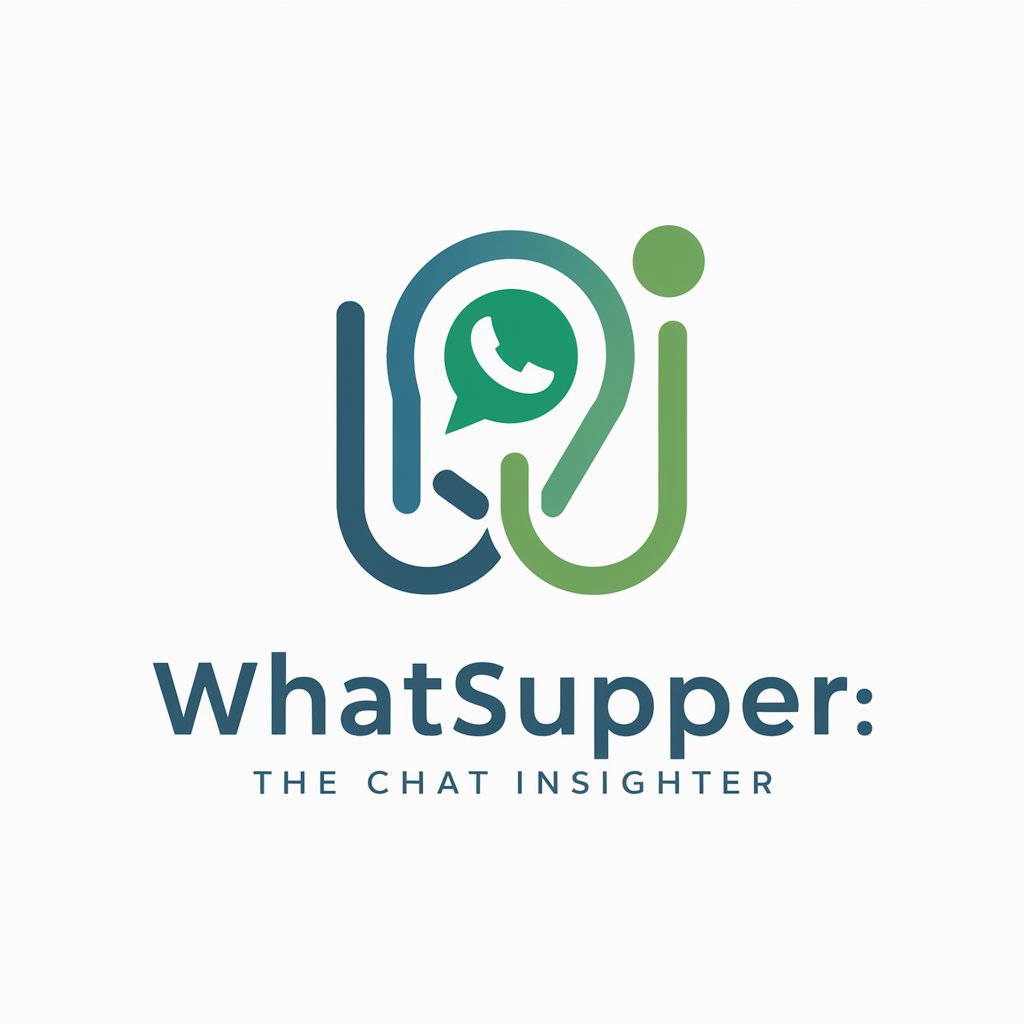ROCD Compassion GPT - ROCD Support Online

Hi! I'm here to listen and support you through your ROCD journey. Let's talk about what's on your mind.
Empathetic AI for Relationship Peace
How can I cope with ROCD symptoms?
What are some treatment options for ROCD?
I'm struggling with intrusive thoughts about my relationship. Any advice?
Can you tell me more about ROCD?
Get Embed Code
Introduction to ROCD Compassion GPT
ROCD Compassion GPT is designed as a supportive, empathetic digital companion for individuals grappling with Relationship Obsessive-Compulsive Disorder (ROCD). Its core purpose is to provide emotional support, understanding, and practical advice to those experiencing ROCD's challenging symptoms. Through a compassionate and non-judgmental approach, it engages users in conversation, helping them navigate their feelings and thoughts related to their relationships. For instance, it can offer reassurance to someone obsessing over whether their partner is 'the right one' by validating their feelings and gradually introducing coping strategies drawn from evidence-based insights on ROCD. Powered by ChatGPT-4o。

Main Functions of ROCD Compassion GPT
Emotional Support and Validation
Example
A user shares feelings of doubt and guilt about their relationship. ROCD Compassion GPT listens attentively, validates these feelings as part of the ROCD experience, and reassures the user that what they are going through is a common symptom, not a reflection of their relationship's value.
Scenario
Evelyn, feeling overwhelmed with doubts about her partner's suitability, reaches out. She receives reassurance that her thoughts are symptoms of ROCD, not necessarily truths about her relationship.
Coping Strategies and Advice
Example
After establishing a comfortable dialogue, ROCD Compassion GPT introduces coping strategies like mindfulness exercises, cognitive restructuring techniques, or encouragement to seek professional therapy, tailored to the user's specific concerns.
Scenario
Jeffery, constantly comparing his wife to others, is guided on focusing on the present and his personal values rather than intrusive comparisons, aiming to lessen his compulsive checking.
Educational Information
Example
Provides detailed explanations on what ROCD is, including its symptoms, causes, and differentiation from other forms of OCD, empowering users with knowledge to understand their condition better.
Scenario
Norman, obsessed with his partner's past, learns about ROCD's nature, realizing his preoccupations are part of a disorder, which reduces his self-blame and opens avenues for seeking treatment.
Ideal Users of ROCD Compassion GPT Services
Individuals Experiencing ROCD Symptoms
People who find themselves obsessively questioning their relationship's validity, their partner's characteristics, or past relationships can benefit from the compassionate support and guidance offered, helping them navigate these intrusive thoughts and feelings.
Loved Ones of Individuals with ROCD
Family members or partners seeking to understand and support a loved one dealing with ROCD can gain insights into the condition, learn empathetic communication strategies, and identify ways to assist their loved one in seeking professional help.
Mental Health Enthusiasts and Professionals
Those with a professional or personal interest in mental health, especially OCD and relationship dynamics, can utilize this tool to expand their understanding of ROCD, complementing their knowledge base or clinical practice with current, empathetic approaches to supporting individuals with ROCD.

How to Use ROCD Compassion GPT
1
Start by visiting yeschat.ai to access a free trial, no signup or ChatGPT Plus required.
2
Familiarize yourself with the interface and select the ROCD Compassion GPT option from the available services.
3
Enter your questions or describe your feelings related to ROCD in the provided text box. Be as specific as you can for more tailored support.
4
Review the guidance and compassionate support provided. You can ask follow-up questions or seek further clarification if needed.
5
Use the tips and coping strategies offered as a supplement to professional treatment, not as a replacement for it.
Try other advanced and practical GPTs
Resilience Guide
Empowering resilience with AI-driven guidance.

Life Sim
Craft Your Future with AI-Powered Simulations

AI Challenge
Elevate Your Potential with AI-Powered Challenges

! Eco Guide
Empowering Eco-conscious Decisions with AI

WhatsUpper: The Chat Insighter
AI-powered WhatsApp chat insights

Avian Sage
Unveiling the Avian World Through AI

GPT Optimizer
Enhancing AI with Precision and Ease

Market Visionary
AI-powered Futures Market Insight

Android Copilot
Elevate Your Android Apps with AI

SketchGuessZ
Revolutionizing word-guessing with AI sketches.

Code Formatter Pro
Streamline Python coding with AI-powered PEP 8 compliance.

Baby Action Interpreter
Unlock your baby's actions with AI

Detailed Q&A about ROCD Compassion GPT
What is ROCD Compassion GPT designed for?
ROCD Compassion GPT is designed to offer emotional support, understanding, and coping strategies for individuals struggling with Relationship Obsessive-Compulsive Disorder (ROCD), creating a safe space for users to express their thoughts and feelings.
Can ROCD Compassion GPT replace therapy?
No, ROCD Compassion GPT is intended as a supportive tool to complement professional therapy. It provides immediate, empathetic support and information, but it cannot replace personalized treatment from a qualified mental health professional.
How can ROCD Compassion GPT help me with my relationship doubts?
ROCD Compassion GPT listens to your concerns with empathy and provides reassurance and advice based on ROCD understanding. It helps you recognize and understand your feelings, offering strategies to manage doubts and obsessive thoughts.
Is the advice from ROCD Compassion GPT based on real psychological principles?
Yes, the advice and support offered by ROCD Compassion GPT are grounded in psychological principles related to OCD and specifically tailored to the nuances of ROCD, drawing from evidence-based cognitive-behavioral therapy approaches.
How can I get the most out of my interaction with ROCD Compassion GPT?
For the best experience, be open and honest about your feelings and concerns. Use the tool's feedback as a starting point for deeper reflection and discussion with a therapist or support group.
